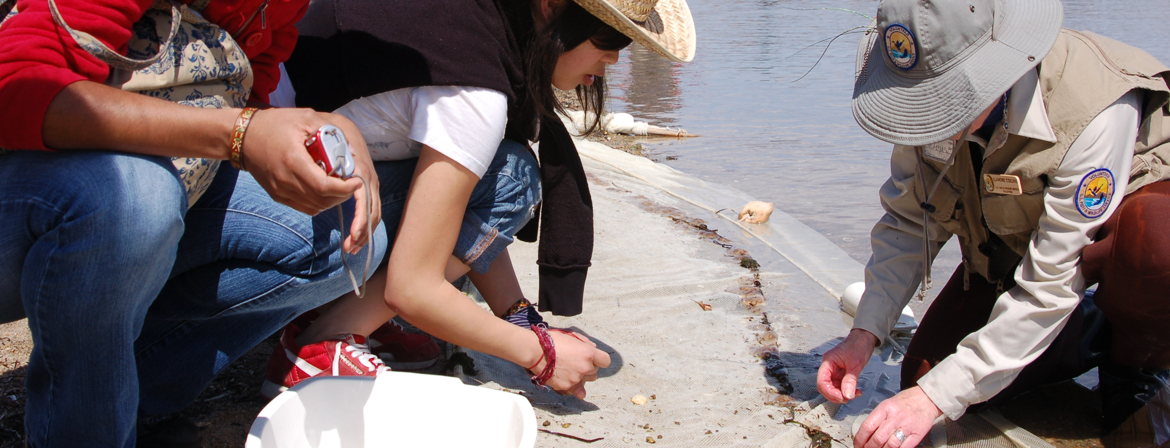Compliance without Pressure: The Foot-in-the-Door Technique
Freedman, J. & Fraser, S. (1966). Compliance without pressure: The foot-in-the-door technique. Journal of Personality and Social Psychology, 4, 195-202.
Who Listens to Trash Talk?: Education and Public Media Effects on Recycling Behavior
Martinez, M. D. & Scicchitano, M. J. (1998). Who listens to trash talk?: Education and public media effects on recycling behavior. Social Science Quarterly, 79, 2, 287-300.
Effects of Verbal Prompting and Block Characteristics on Participation in Curbside Newspaper Recycling
Spaccarelli, S., Zolik, E. & Jason, L. A. (1989-1990). Effects of verbal prompting and block characteristics on participation in curbside newspaper recycling. Journal of Environmental Systems, 19, 1, 45-57.
Memorable messages and the H1N1 flu virus.
Miczo, N., Danhour, E., Lester, K. E., & Bryant, J. (2013). Memorable messages and the H1N1 flu virus. Western Journal of Communication, 77(5), 625-644.
Changing Homeowners' Behaviors Involving Toxic Household Chemicals: A Psychological, Multilevel Approach
Werner, C., & Adams, D. (2001). Changing homeowners' behaviors involving toxic household chemicals: A psychological, multilevel approach. Analyses of Social Issues and Public Policy (ASAP), 1(1), 1-32.
The Role of Memory in Understanding and Encouraging Recycling Behavior. Special Issue: Psychology, Marketing, and Recycling
Heckler, S. E. (1994). The role of memory in understanding and encouraging recycling behavior. Special Issue: Psychology, marketing, and recycling. Psychology and Marketing, 11, 4, 375-392.
Are People Acting Irrationally? Understanding Public Concerns about Environmental Threats
Wandersman, A. H. & Hallman, W. K. Are people acting irrationally? Understanding public concerns about environmental threats. Vol. 48. 1993. 681-686.
Psychology and Sustainability: An Introduction
McKenzie-Mohr, D. & Oskamp, S. (1995). Psychology and Sustainability: An Introduction. Journal of Social Issues, 51, 4, 1-14.
A Field Experiment on Interventions to Improve Curbside Recycling
Schultz, P. W. (1995). A field experiment on interventions to improve curbside recycling. Dissertation Abstracts International: Section B: The Sciences and Engineering, 56, 5-B,
Use of Newsletters to Promote Environmental Political Action: An Experimental Analysis
Schroeder, S., Hovell, M., Kolody, B., & Elder, J. (2004). Use of newsletters to promote environmental political action: An experimental analysis. Journal of Applied Behavior Analysis, 37(3), 427-429.



